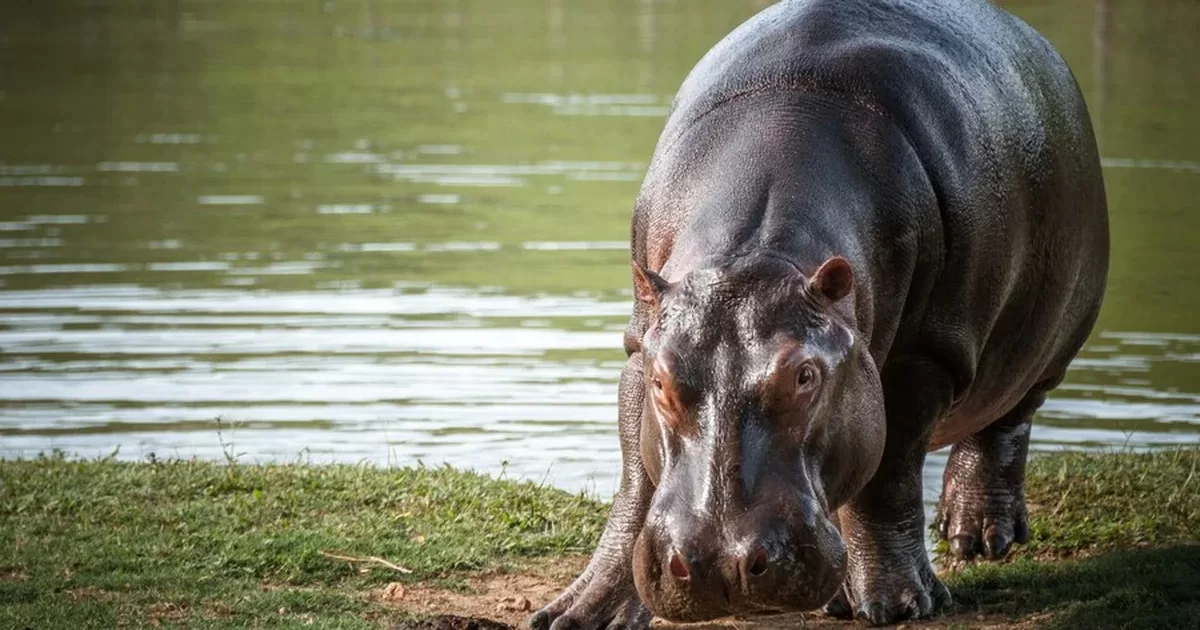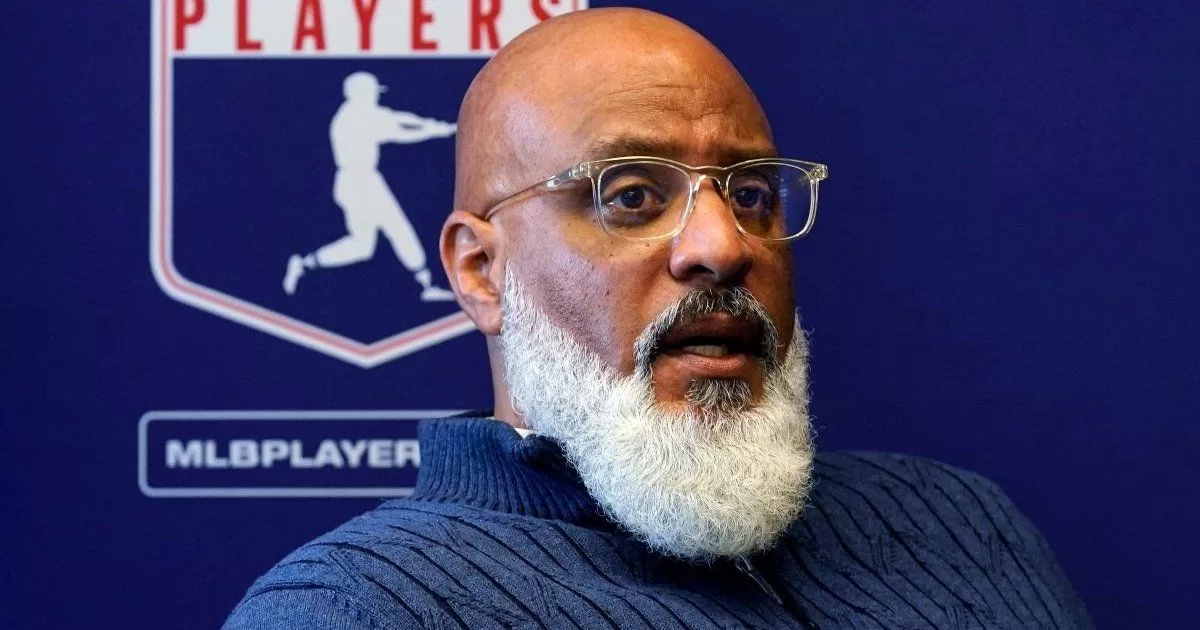Juarez City.– Up to point 40 of the border wall, more migrants from different countries have arrived, such as two Colombians named Andrés, who arrived by plane in this city; or Roiber and Yeniré, Venezuelans who traveled by train, or as a group of Turks.
They can be seen going back and forth between a convenience store located at the intersection of Francisco Villarreal Torres and Juan Pablo II boulevards, and the camp they have set up in front of the concertina guarding the border wall, which has grown in recent years. days with the sunset of Title 42, a measure imposed since 2020 and that legitimizes the expedited expulsion of migrants who enter the United States irregularly.
Also with migrants who seek to cross illegally, who “are looking for the gaps” to enter the northern country, said a 40-year-old Venezuelan woman who has seen how the other camp, the one that was set up since March 28 at a The side of the municipal Presidency, in front of the altar for the 40 migrants killed in the fire at the facilities of the National Institute of Migration in Juárez, has been reduced in just one day, “because of the joke about the May 11 reform ”, from the end of Title 42.
In the meantime, “I’m going to wait for God’s timing,” said the woman, who requested that her identity be reserved. She has been in the Presidency camp for two days, and fortunately her husband has already found a permanent job, as a bricklayer. Soon, he commented, he will find a home for her, the man, and her three teenage children, as long as the CBP One application allows them to make an appointment to legally enter the United States.
Roiber and Yeniré also have that hope, which gives them their one-month pregnancy and their one-and-a-half-year-old son. In the camp at point 40 of the border wall, they have heard the US agents say “that they are going to open, that they are going to let us pass now, but we have only seen days go by like this.”
They have been sleeping on the land of the riverbed for a week now, and “if I had known that we were going to be like this, I would not come,” said Roiber. “This has been the hardest part of the whole journey,” he added. They cross when they need to charge their cell phones, or buy food or drinks, and they cross what is left of the river through a section where there is garbage and even some pallets that allow them to pass without getting their feet wet.
He has had to see sick children, hunger, crying. Everything in that camp. But she wants to wait. After all, he is here after a month and a half of travel and the last days by train to Juárez, as if to return.
The same thing was said by the woman from the Presidency camp. “I waited three months to get here so as not to wait a little longer,” she said.
All those interviewed, the Colombian Andrés, Roiber and Yaniré and the 40-year-old Venezuelan woman, agreed that both the INM and the Municipal Police “have behaved well” with them, despite the idea they had from what they had observed in sociodigital networks on the way to Juárez.


